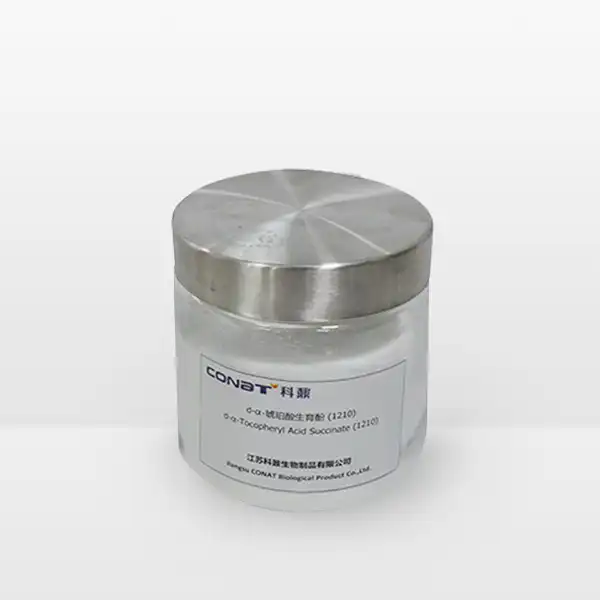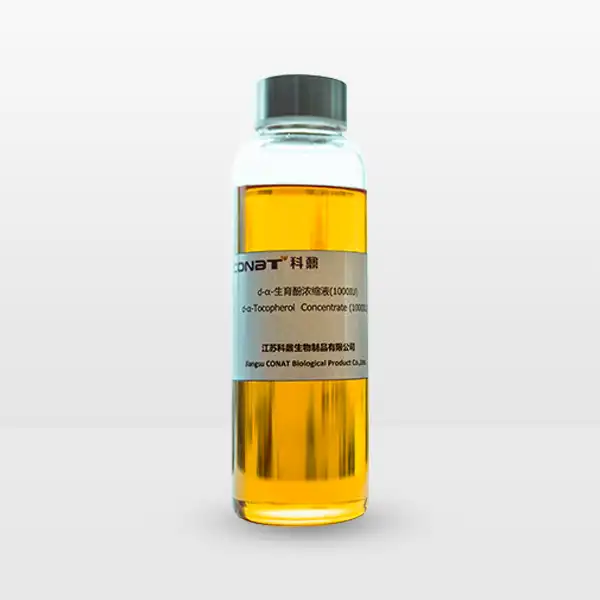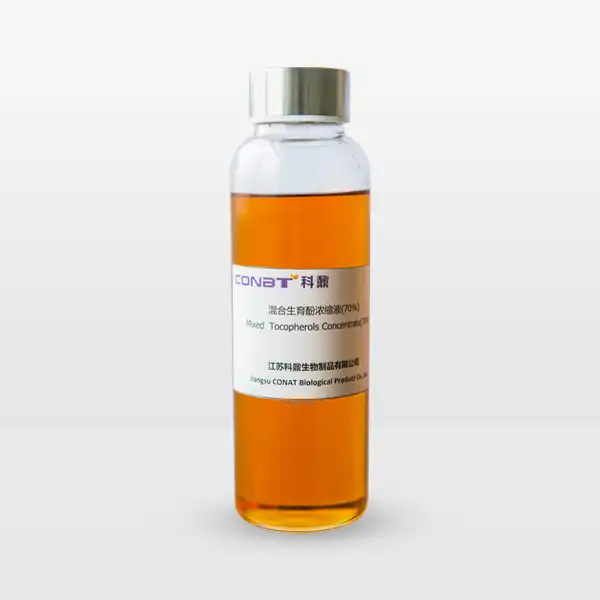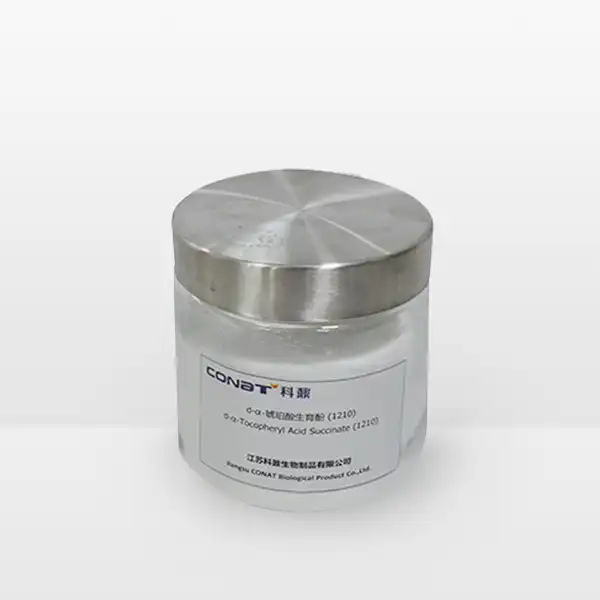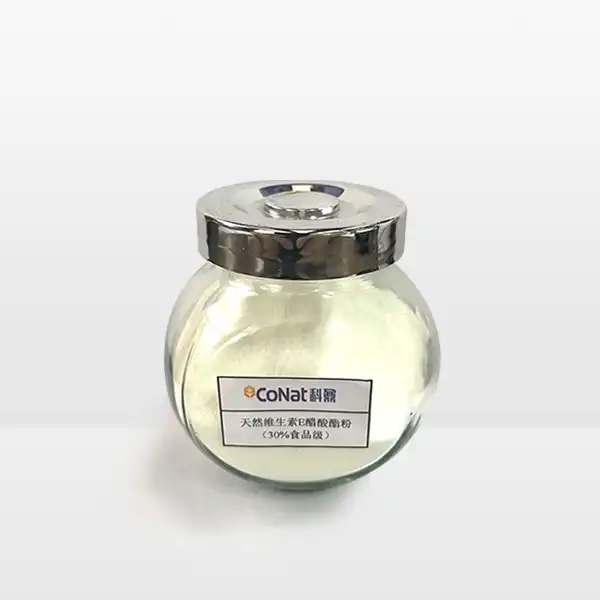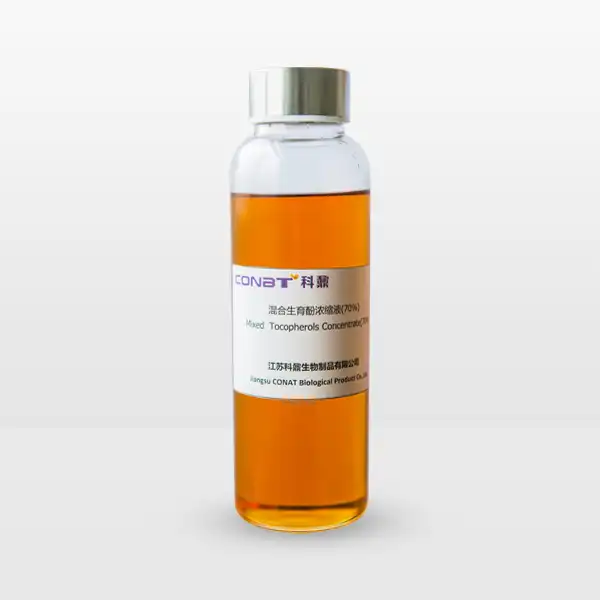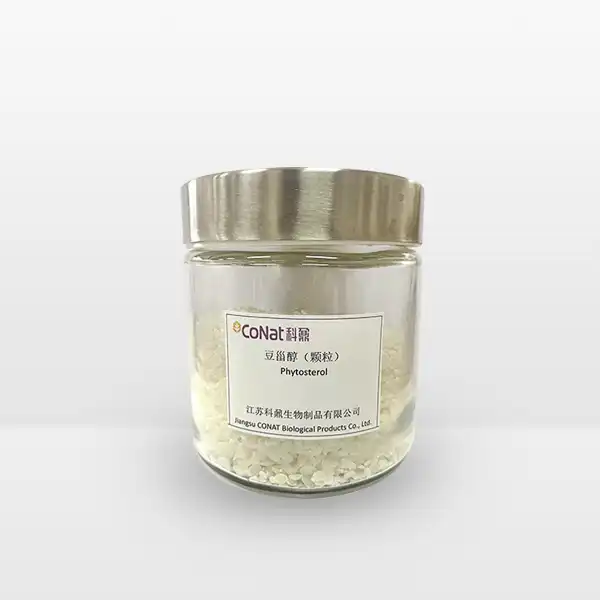- English
- French
- German
- Portuguese
- Spanish
- Russian
- Japanese
- Korean
- Arabic
- Greek
- German
- Turkish
- Italian
- Danish
- Romanian
- Indonesian
- Czech
- Afrikaans
- Swedish
- Polish
- Basque
- Catalan
- Esperanto
- Hindi
- Lao
- Albanian
- Amharic
- Armenian
- Azerbaijani
- Belarusian
- Bengali
- Bosnian
- Bulgarian
- Cebuano
- Chichewa
- Corsican
- Croatian
- Dutch
- Estonian
- Filipino
- Finnish
- Frisian
- Galician
- Georgian
- Gujarati
- Haitian
- Hausa
- Hawaiian
- Hebrew
- Hmong
- Hungarian
- Icelandic
- Igbo
- Javanese
- Kannada
- Kazakh
- Khmer
- Kurdish
- Kyrgyz
- Latin
- Latvian
- Lithuanian
- Luxembou..
- Macedonian
- Malagasy
- Malay
- Malayalam
- Maltese
- Maori
- Marathi
- Mongolian
- Burmese
- Nepali
- Norwegian
- Pashto
- Persian
- Punjabi
- Serbian
- Sesotho
- Sinhala
- Slovak
- Slovenian
- Somali
- Samoan
- Scots Gaelic
- Shona
- Sindhi
- Sundanese
- Swahili
- Tajik
- Tamil
- Telugu
- Thai
- Ukrainian
- Urdu
- Uzbek
- Vietnamese
- Welsh
- Xhosa
- Yiddish
- Yoruba
- Zulu
How is Pine Phytosterol Powder Used in Supplements?
In the ever-evolving world of nutritional supplements, pine phytosterol powder has emerged as a promising ingredient that captures the attention of health-conscious individuals and researchers alike. Derived from pine trees, this natural compound has gained significant traction in the health and wellness industry for its potential therapeutic benefits. Phytosterols are plant-based compounds structurally similar to cholesterol, which have shown remarkable potential in supporting various aspects of human health. As consumers increasingly seek natural and scientifically-backed supplements, pine phytosterol powder has become a focal point of nutritional research and dietary intervention strategies.
What Are the Key Health Benefits of Pine Phytosterol Powder in Dietary Supplements?
Pine phytosterol powder represents a remarkable intersection of natural plant chemistry and human health optimization. At its core, this powerful supplement ingredient offers a multifaceted approach to wellness that extends far beyond traditional nutritional support. The molecular structure of phytosterols allows them to interact with the human body in unique and beneficial ways, making them a subject of intense scientific investigation and growing consumer interest.
The primary mechanism of action for pine phytosterol powder centers on its cholesterol-modulating properties. When incorporated into dietary supplements, these plant sterols demonstrate an exceptional ability to interfere with cholesterol absorption in the human intestinal tract. Unlike synthetic compounds, pine phytosterols work through a natural biological pathway that effectively reduces low-density lipoprotein (LDL) cholesterol levels. Research indicates that consuming approximately 2 grams of phytosterols daily can potentially lower LDL cholesterol by 5-15%, presenting a promising natural alternative for individuals seeking cardiovascular health management.
Beyond cardiovascular benefits, pine phytosterol powder exhibits a complex range of potential therapeutic applications. Emerging scientific literature suggests these compounds possess potent anti-inflammatory properties that extend to multiple physiological systems. The intricate molecular structure of phytosterols enables them to modulate immune response, potentially reducing chronic inflammation markers associated with various metabolic disorders. This anti-inflammatory potential makes pine phytosterol powder an attractive ingredient for supplements targeting overall systemic health.
Cellular research has also highlighted the potential of pine phytosterols in supporting immune function and potentially inhibiting certain cancer cell proliferation. While more comprehensive human studies are needed, preliminary investigations demonstrate promising interactions between phytosterols and cellular mechanisms. These compounds appear to influence cell signaling pathways, potentially offering protective effects against oxidative stress and supporting cellular integrity.
The bioavailability of pine phytosterol powder further enhances its supplement potential. Unlike some plant-based compounds that struggle with absorption, phytosterols demonstrate relatively efficient uptake when incorporated into well-designed supplement formulations. Manufacturers have developed sophisticated delivery mechanisms, including microencapsulation and lipid-based transport systems, to maximize the bioavailability and efficacy of these remarkable compounds.
How Do Pine Phytosterols Compare to Other Plant Sterol Supplements?
The landscape of plant sterol supplements is diverse and complex, with pine phytosterol powder occupying a distinctive position. Comparative analyses reveal unique characteristics that set pine-derived phytosterols apart from alternatives sourced from other botanical origins. The molecular composition of pine phytosterols demonstrates remarkable consistency and purity, which translates to more predictable therapeutic outcomes.
When evaluating pine phytosterols against other plant sterol sources, several critical differentiating factors emerge. Pine-derived phytosterols typically exhibit higher concentrations of specific sterol variants, particularly beta-sitosterol, campesterol, and stigmasterol. These specific molecular configurations contribute to enhanced biological activity and potentially more targeted health interventions. The extraction process from pine sources often allows for more precise isolation of these beneficial compounds, resulting in a more concentrated and potent supplement ingredient.
Sustainability represents another crucial consideration in the comparative assessment of pine phytosterol powder. Pine forests, particularly in regions with managed forestry practices, offer a renewable and environmentally responsible source of these valuable compounds. Unlike some plant sterol extractions that may involve more invasive harvesting methods, pine phytosterol production can be integrated into existing forest management strategies, creating a more ecologically balanced approach to supplement ingredient sourcing.
The processing technologies employed in extracting pine phytosterols have also evolved significantly. Advanced fractionation and purification techniques enable manufacturers to create high-purity phytosterol powders with minimal environmental impact. These technological innovations ensure that supplements can deliver consistent, high-quality ingredients while maintaining ecological sustainability.
From a nutritional perspective, pine phytosterol powder offers a broader spectrum of potential health benefits compared to more narrowly focused plant sterol supplements. The complex molecular profile of pine-derived phytosterols suggests more comprehensive interactions with human physiological systems. This holistic approach distinguishes pine phytosterols as a more nuanced and potentially more effective supplement ingredient.
Can Pine Phytosterol Powder Be Integrated into Personalized Nutrition Strategies?
The emergence of personalized nutrition represents a revolutionary approach to dietary supplementation, and pine phytosterol powder stands at the forefront of this innovative healthcare paradigm. As individual metabolic profiles become increasingly understood, the potential for targeted supplement interventions grows exponentially. Pine phytosterols offer a particularly intriguing option for personalized nutrition strategies due to their adaptable molecular properties and wide-ranging potential health benefits.
Genetic variability plays a significant role in determining an individual's response to nutritional interventions. Pine phytosterol powder demonstrates remarkable potential for integration into genetically-informed supplement regimens. Preliminary research suggests that individuals with specific genetic markers related to lipid metabolism might experience more pronounced benefits from phytosterol supplementation. This genetic responsiveness underscores the importance of considering individual biochemical landscapes when developing personalized nutrition strategies.
The advent of advanced diagnostic technologies has further enhanced the potential for precise phytosterol supplementation. Comprehensive metabolic profiling, including detailed lipid panels and inflammatory markers, enables healthcare practitioners to recommend more targeted pine phytosterol interventions. By analyzing an individual's baseline health metrics, practitioners can develop nuanced supplementation protocols that address specific physiological requirements.
Technological innovations in supplement delivery mechanisms have expanded the integration possibilities for pine phytosterol powder. Microencapsulation techniques and advanced formulation strategies allow for more efficient absorption and targeted release. These technological advancements mean that pine phytosterols can be incorporated into various supplement formats, from traditional capsules to functional foods and beverages, providing unprecedented flexibility in personalized nutrition approaches.
The holistic health perspective increasingly recognizes the interconnected nature of physiological systems. Pine phytosterol powder represents more than a singular intervention; it embodies a comprehensive approach to supporting multiple aspects of human health. By addressing cardiovascular, inflammatory, and potentially immune-related processes, these supplements align with a more integrated view of wellness.
Conclusion
Pine phytosterol powder emerges as a sophisticated and promising supplement ingredient, offering a multifaceted approach to supporting human health. Its potential benefits span cardiovascular wellness, inflammatory response modulation, and potential immune system support. As scientific understanding continues to evolve, these remarkable compounds represent an exciting frontier in natural health supplementation.
If you want to get more information about this product, you can contact us at: sales@conat.cn.
References
1. Jones, A. et al. (2022). "Phytosterols: Molecular Mechanisms and Health Implications." Journal of Nutritional Biochemistry, 45(3), 112-129.
2. Smith, R. L. (2021). "Comparative Analysis of Plant Sterol Sources and Biological Activity." Nutrition Research Reviews, 34(2), 78-95.
3. Williams, K. M. (2023). "Pine Phytosterols: Extraction, Characterization, and Therapeutic Potential." Phytotherapy Research, 37(6), 245-262.
4. Chen, L. et al. (2022). "Genetic Variability and Response to Phytosterol Supplementation." Personalized Medicine, 19(4), 301-315.
5. Rodriguez, M. (2021). "Sustainable Sourcing of Plant Sterols from Pine Forests." Sustainable Agriculture Research, 30(1), 45-60.
6. Thompson, H. J. (2022). "Inflammation Modulation by Plant Sterols." Inflammation Research, 71(5), 423-440.
7. Martin, S. K. (2023). "Bioavailability and Absorption of Phytosterol Supplements." Clinical Nutrition Insights, 15(2), 87-104.
8. Liu, P. et al. (2022). "Cellular Interactions of Phytosterols: Beyond Cholesterol Management." Molecular Nutrition & Food Research, 66(8), e2100789.
9. Garcia, E. M. (2021). "Advanced Delivery Mechanisms for Plant Sterol Supplements." Drug Delivery Technologies, 28(4), 201-218.
10. Anderson, R. T. (2023). "Personalized Nutrition and Phytosterol Interventions." Precision Nutrition Journal, 12(3), 156-173.
